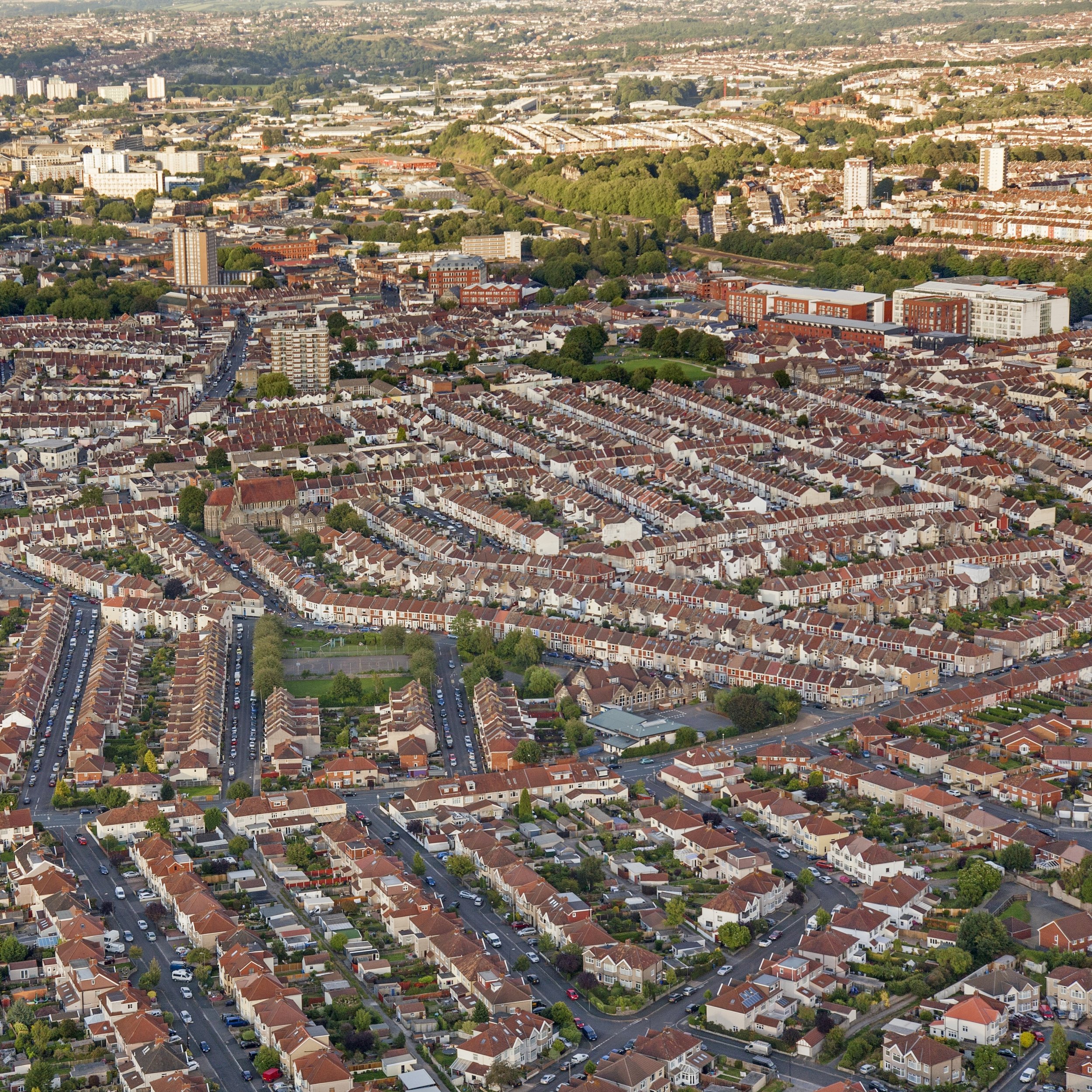
The City Leap partnership is a key step in Bristol’s journey towards becoming carbon neutral. We are exploring how this could be an opportunity to put democracy and justice at the heart of our city’s Net Zero strategy.
In March 2022, Bristol City Council teamed up with a US cleantech company for an overhaul of the city’s energy infrastructure. The twenty-year partnership will deliver renewable and low-carbon technology in buildings and streets across the city, in an ambitious stride towards Bristol’s goal of becoming carbon neutral by 2030.
As well as addressing the climate emergency, we believe that City Leap offers an exciting opportunity to increase democratic participation, improve accountability and work towards climate justice. With a policy as significant and far-reaching as this, it is crucial that local communities have a say in the decisions that affect them.
Since the project was first announced, we have been working alongside the Council to understand how democracy can be embedded in City Leap, and how we can push the boundaries of participation and inclusion. We believe that deliberative decision making and commons governance are key. You can download a summary of our latest thinking here.
As we saw in our City Speaks project, normal Bristolians have the power to generate change and find innovative solutions to the environmental issues facing their communities. By giving them a platform, City Leap can harness the creativity and community spirit that Bristol is famous for.
““environmental approaches don’t make sense if you don’t include everyone””
This is also a chance to hear from those who have historically been left out of the conversation. Listening to people who have experienced marginalisation, and learning from their perspectives, is a vital step towards making our city fairer and greener.
That’s why we are passionate about making Bristol’s zero carbon transition more democratic and inclusive. With the right governance, we believe that City Leap has the potential to be an exemplar for future environmental policy in Bristol and beyond.
First Exploratory Study
With support from the Bristol Sustainable Energy Research Fund (BSERF), we carried out an exploratory study into possible channels of participation. As well as conducting desktop research, we reached out to nine people working across the local government and Voluntary, Community, Social Enterprise (VCSE) sector. They told us what they thought was working in Bristol’s democracy, what wasn’t, and what could be done to improve it.
Through these conversations, we identified four possible channels of participation for City Leap:
Direct participation of a representative group of citizens, e.g. Citizens Assembly.
Community organisations and VCSE Sector
Intermediary coordinating organisations.
Neighbourhood-based action.
Each of these has its strengths and weaknesses. We recommend using an integrated hybrid approach, combining several of these channels. We also promote embracing existing democratic channels; our city is already home to a rich democratic ecosystem, and we feel that it is important for new projects to be embedded within it.
We also discuss the tension between accountability and commercial confidentiality: how can we scrutinise the policy when we only have access to limited information? Throughout our study, we examine different solutions to these challenges, and explore the next steps for City Leap.
You can read our full report here.
We also presented our study at a conference hosted by BSERF, sharing our findings with people from across Bristol’s energy sector – including some of the bidders for the City Leap partnership. You can watch our presentation here.
Further work:
In addition to our exploratory research, we’ve been working across Bristol to help cultivate democracy in City Leap. In her role with Bristol Energy Network, Emilia wrote this report, establishing a pathway towards greater community participation. She also plays a key role in the Community Energy Consortium, a steering group dedicated to ensuring that communities benefit from the zero carbon transition.
Praxis Research will be co-ordinating the evaluation of the Bristol City Leap Community Energy Fund which came out of the co-creation from the consortium.
In his work with the University of Bristol, Jack established a group dedicated to exploring the role of the Social Sciences in the Net Zero transition. Alongside Emilia and other colleagues at the university, the group is working to unpack the meaning of Social Value in City Leap.
We are also working on an ongoing basis to deliver governance and facilitation advice for City Leap. Watch this space!


